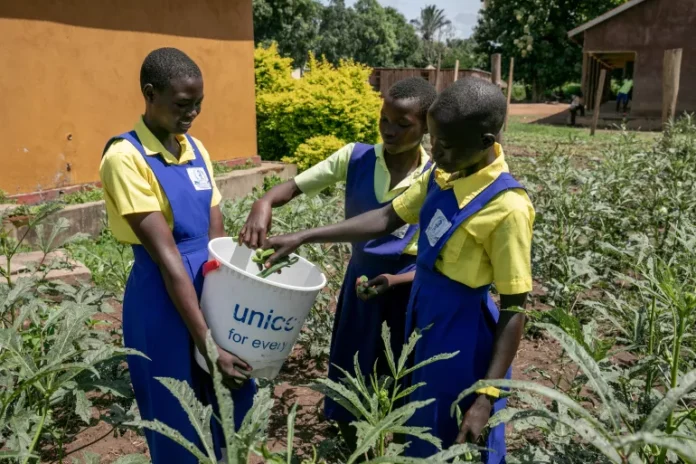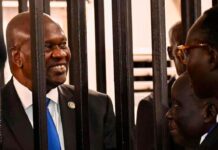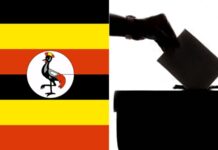The Government of Germany has committed an additional $65 million to support UNICEF and the World Food Programme (WFP) in strengthening community resilience in South Sudan, benefiting nearly one million people.
The funding, channeled through KfW, the German Development Bank, will support the Joint Resilience Project Phase II, targeting urban and peri-urban communities in Juba, Torit, Yambio, and Aweil.
Speaking during the announcement, Gregory Bledjian, Head of Mission of Germany to South Sudan, emphasized that the funds will go toward expanding access to education, health, livelihoods, water and sanitation (WASH), child protection, and gender-based violence prevention.
“Part of the funds will also be used to renovate classrooms and provide daily school meals—an important health intervention that helps build human capital,” said Bledjian.
He added that enhancing food and nutritional security, improving education, and fostering social cohesion are key to reducing long-term reliance on humanitarian aid.
“South Sudan has enormous potential to become self-reliant. The second phase of the Joint Resilience Project is a step toward unlocking that potential. Germany is proud to support the South Sudanese people on this path to sustainable development.”
UNICEF Representative in South Sudan, Noala Skinner, welcomed the contribution, calling it a major boost to programs targeting the country’s most vulnerable children.
“This generous and timely support from Germany will allow UNICEF to scale up critical interventions—treating severe malnutrition, ensuring access to clean water, strengthening education and health systems, and protecting children from harm,” she said.
Adham Effendi, Acting WFP Representative and Country Director in South Sudan, described the funding as more than humanitarian aid.
“This is an investment in resilience, food security, and the dignity of the people we serve. We are deeply grateful to Germany for reinforcing our mission to empower communities in South Sudan,” he said.
The Joint Resilience Project Phase II aims to build on the progress achieved during the first phase, which began in 2019. With over $120 million already contributed to the initial phase, the project has reached more than 550,000 people to date.
Phase II offers an opportunity for geographic expansion and deeper impact, particularly in regions facing compounding challenges related to conflict, climate change, and economic instability.
Germany’s continued support underscores its strong commitment to building long-term solutions in South Sudan, by strengthening systems and services that allow communities to withstand shocks and recover more effectively.





